Emma Ung and Steven Shoung, December 5th, 2022
“Self-care is how you take your power back.” — Lalah Delia
(Avendano, 2022)
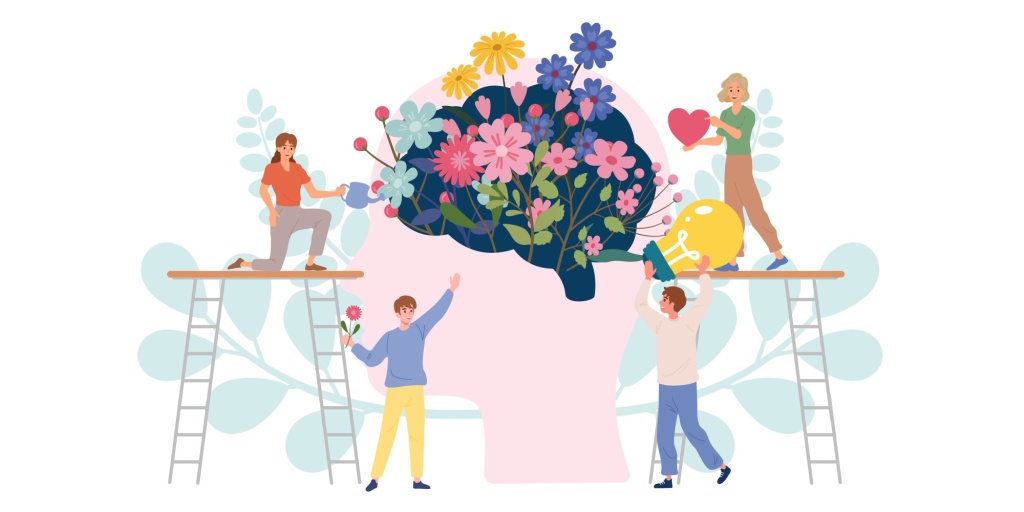
Our emotional, psychological, and social well-being are all parts of our mental health. It influences our thoughts, emotions, and behaviours. Additionally, it influences how we respond to stress, interact with others, and make decisions. Mental health is important through out every stage of our life.

- The pressure of the hospitality industry concerning mental health.
Employees are expected to be in under pressure as most of resumes talk about multitasking and ability to work under pressure. The hospitality industry is continually pressured by the expectation of excellent service and efficiency, which is frequently accompanied by high tension and stress. The excellent service provided reflects the amount of effort, energy, and sweat that they had to go through. As a result, it is not surprising that managers, executives, and employees in the hospitality industry experience a variety of mental health difficulties.
These are some of factors that affect employee’s mental health:
- Inconsistent work schedule (they require you to have flexible working hours)
- Little to no benefits at all—i.e. health insurance, dental insurance
- Employees do not have much personal time after a long tiring day
- Poor management as they only care about customers
- Employees are sometimes overworked without a break
- Customers who are arrogant and aggressive

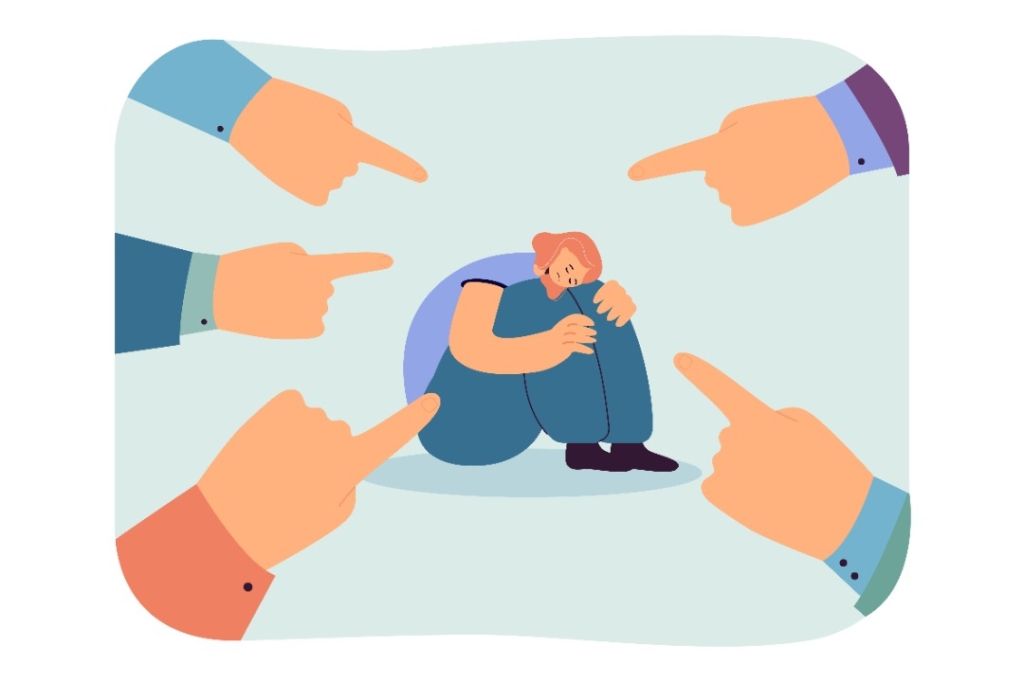
The role of human resources in resolving the problem
The human resource management can support the employee at workplace by eliminate the stigma about mental health and well-being instead raise awareness about it by educate the employee about the important of mental health and the resource that the employee need for their wellbeing.
Inform the employee of the use of non-judgmental language, which eliminates the stigma associated with talking about mental health. The first step in eliminating stigma is to make sure that there is not simply lecture about mental health, but the appropriate conversation. The example of non-judgmental phrase “You don’t look like your usual self”.
The Human resource can support the employee by providing a right resource. It is crucial to understand that educating employee about mental health is not a way to cure it, only professionals can treat and diagnose mental health illnesses.
Employee assistance programs (EAPs) can train management on the best approaches when it becomes clear that someone on their team is struggling with their mental health. They also give telephone consultations and referrals and can help to start your employees off in the right direction.
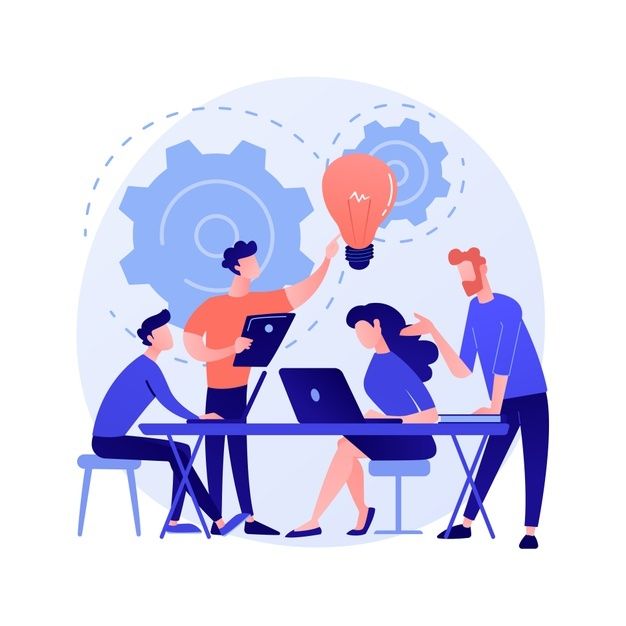
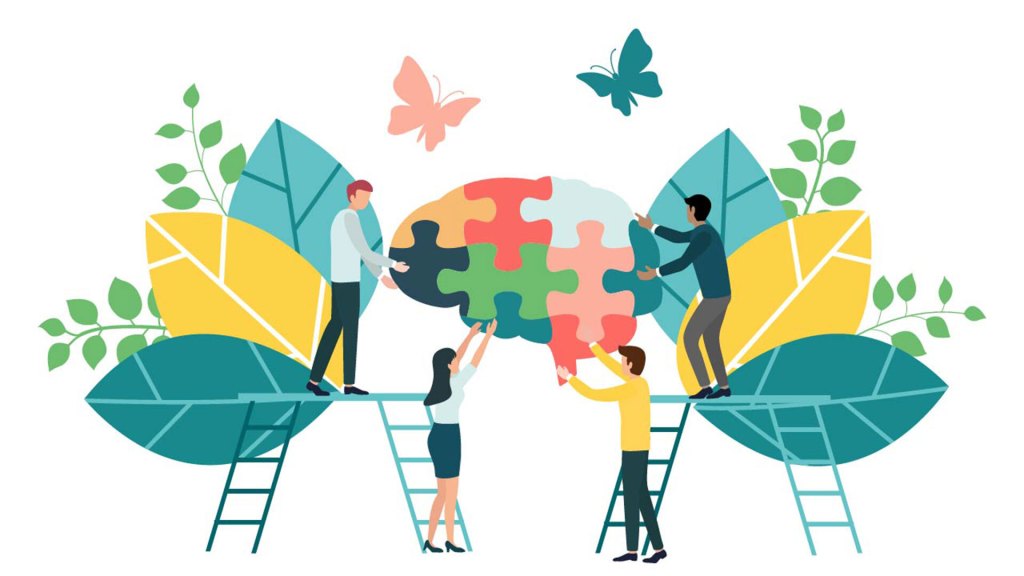
Employee can help their colleagues by showing empathy; occasionally, people only need someone to comprehend and acknowledge their circumstances and feelings. They want someone they can talk to rather than sympathy for their situation. You can become more sincere and empathic by taking the time to put yourself in the other person’s shoes. There are a few tips on being a non-judgemental listener such as reflecting on your own state of mind, Adopting an attitude of acceptance, genuineness, and empathy, Using verbal skills to show that you’re listening, Maintaining positive body language, Recognizing cultural differences.



- Methods for assisting employees who experience mental health issues
- Promote and display healthy habits and not just having a theory without implementing it.
- Provide employees enough personal time if they requested to feel better from work
- Create an Employee Assistant Program which is an employee perks program created to support staff in resolving problems that may have an impact on their lives e.g. therapy.
- Establish a mental health insurance in the health care strategy.
Maintain mental health at work
Begin your day with mindfulness: Avoid using smartphone as soon as you wake up and instead try to create a better routine for yourself.
Focus on your strength: Instead of focusing on your weaknesses, pay close attention to your strengths.
Stop comparing yourself to others: Low self-esteem and unhappiness might result from comparing ourselves to others.
Talk it out: Discuss the situation with a friend or member of your family and seek assistance from human resources.
Get outdoor: Going for a walk and spending time in nature can help you feel less stressed.
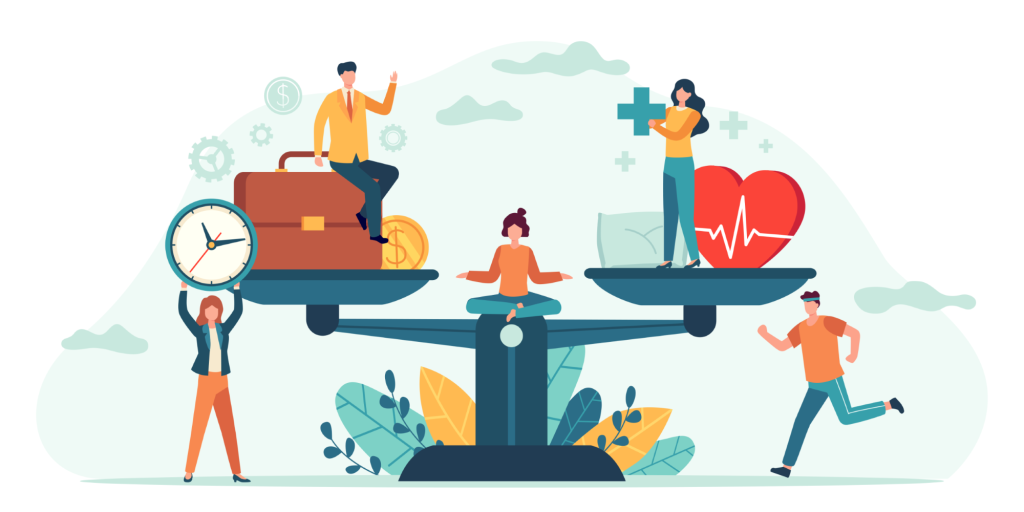






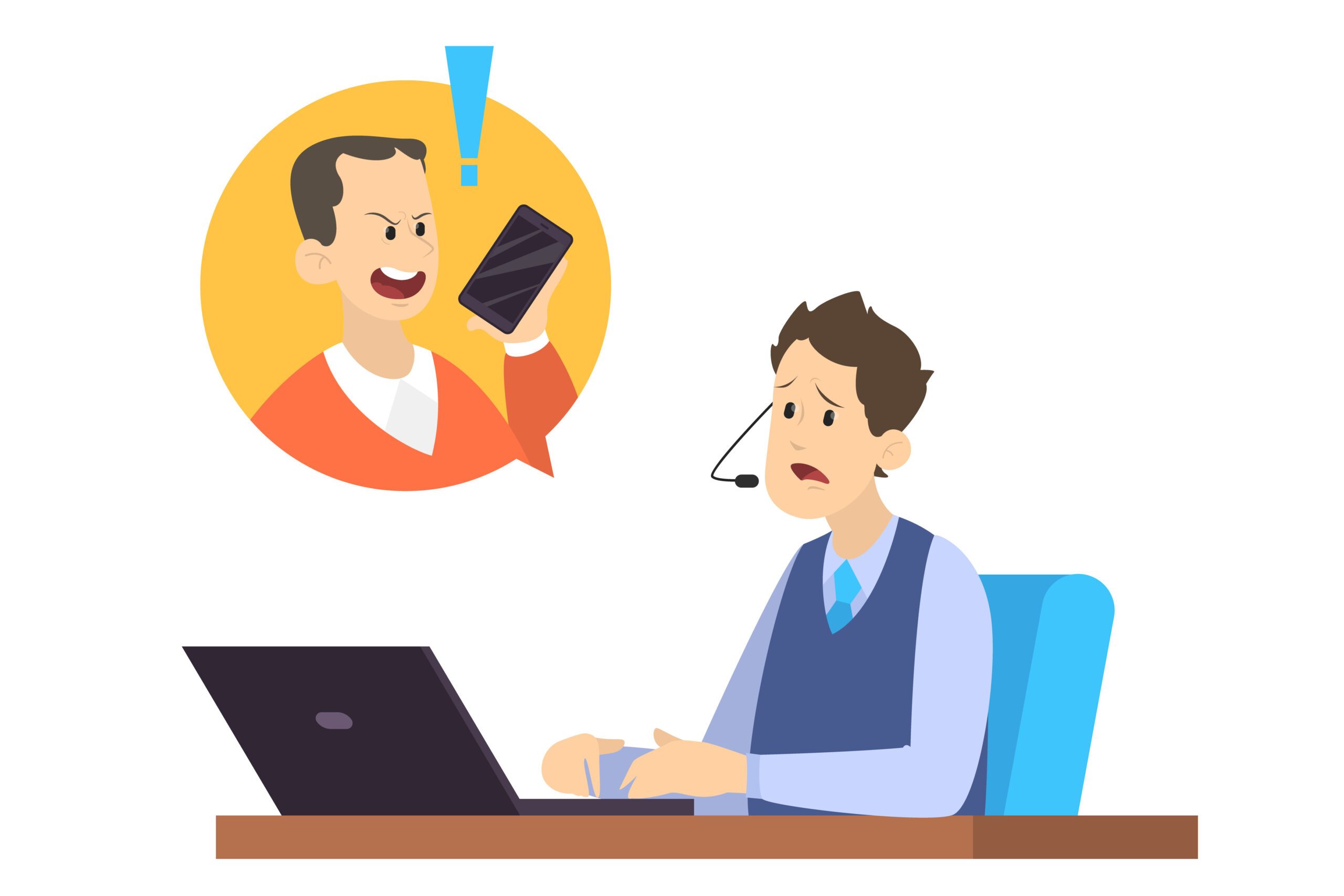
Leave a comment